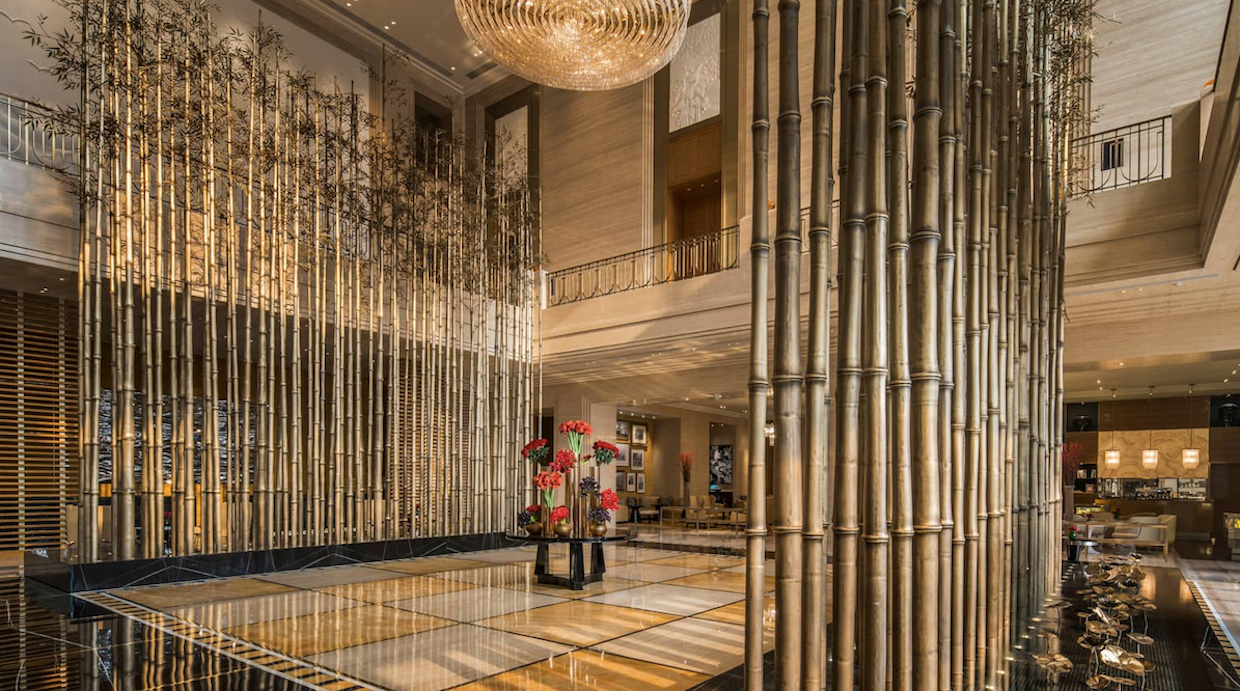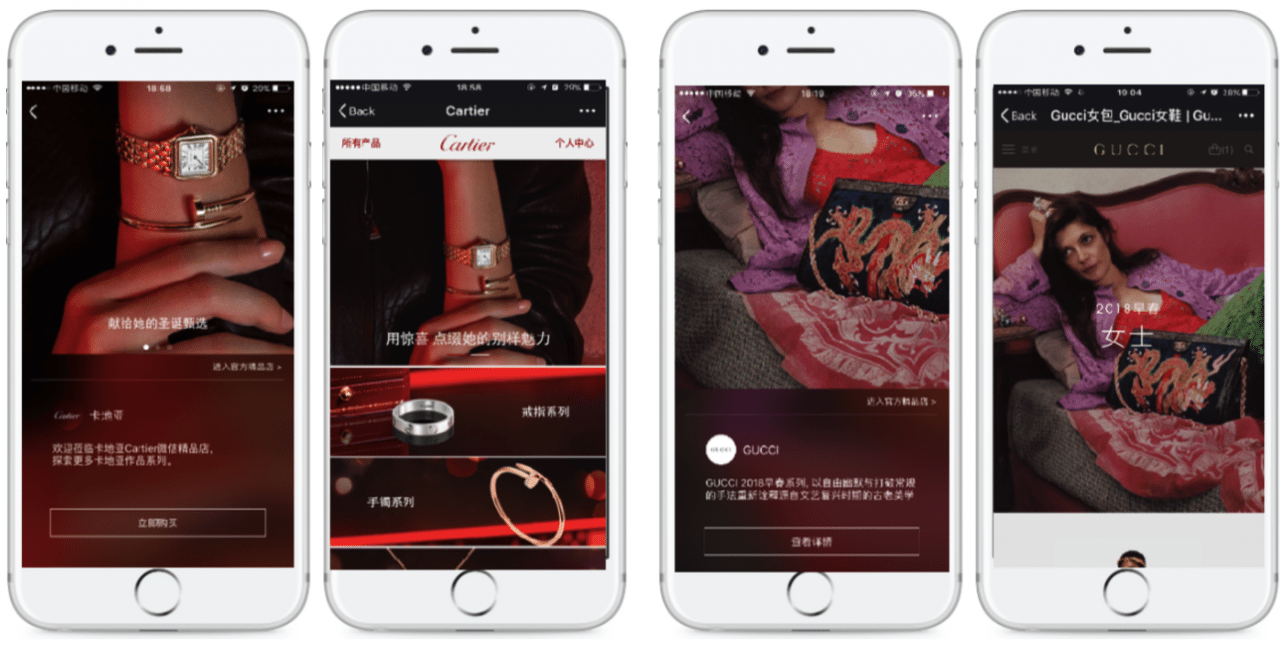Chinese consumers are traveling further and in greater numbers than ever before, and, for many of them, shopping is a major part of the experience. Many luxury retailers are upping their efforts to reach this lucrative market. For some, this means exploring new points of sale in a space of utmost convenience: the luxury hotel.
Fashion and hotel collaborations are nothing new, of course, but as the industries continue to strive for more meaningful, cultural, and engaging experiences, the two categories are beginning to become more intertwined, more creative, and a more obvious avenue for brands. From a pop-up boutique with a themed high tea—Beijing’s Rosewood hotel and high-end handbag brand Delvaux—to a room package that comes with the loan of a sports car, these partnerships give consumers a new opportunity for interacting with a product and give the brand another outlet for reaching a new customer base.
“Traveling in style is very hot worldwide at the moment, especially for China’s young generation…Travelers are spending a good amount of time in their hotel, and the environment is providing great opportunities for retail,” Chinese designer Yang Du tells Jing Daily. In recent months, she has been exploring this avenue with a pop-up shop at London’s South Kensington Gallery in The Exhibitionist Hotel, where she sells a selection of her playful clothing and accessories.
“The essence of my experience in working with a hotel is getting direct feedback from my customers and understanding the market needs on luxury travel products,” she says.
For Yang Du, her sales at South Kensington Gallery, which attracts both international travelers as well as Chinese art and design students studying in the UK, was a natural next step after she began collaborating with accessories brand Juma at the Four Seasons in Shanghai. For that partnership, she participates with a smaller selection of products as part of their bigger, multi-brand display.
JUMA, however, didn’t simply stop at pop-up stores. Juma now has a permanent boutique in the lobby of Four Seasons Tianjin where they will be launching their shoe collection this fall. The brand’s founders Jamil and Alia Juma also began designing soft furnishings for the hotel rooms and spa, including pillows, curtains, and bed throws featuring their signature digital prints and custom textiles. These are sold both online and offline in their hotel shop.
“We think it’s a great opportunity to work with Four Seasons hotels as they are in the business of giving a luxurious hotel experience, and our travel-based prints compliment that,” Jamil Juma says. “The Tianjin location has been great for us...it does add to the experience when the customer knows that JUMA designed some of the soft furnishings within the hotel spaces.”
Some collaborations are born out of marketing efforts, as in the case of Swire Properties’ The House Collective. It celebrated the launch of its new Shanghai hotel, The Middle House, with a campaign in April featuring China’s “leading cultural tastemakers,” including rising fashion designer Masha Ma. The tastemakers each released a video on social media explaining how their own lifestyle and philosophies fit within The House Collective’s brand and individual hotels.
Ma complemented her input with a fashion show at The Upper House in Hong Kong. She says the connection was a natural one for her brand. “Fashion is like luxury hotels in that they both represent a unique perspective and way of life,” she tells Jing Daily.
Luxury brands have also been taking hospitality crossovers into their own hands. Bulgari unveiled its newest property in Shanghai last month, it’s second in China, while similar properties abroad have decidedly honed in on Chinese tourists—Armani Hotel Dubai, for example, recently directly targeted China’s wealthy in a collaboration with Shanghai’s upscale Kee Club.
And even lifestyle brands are moving into the space—This week, Japan’s cult home goods retailer Muji debuted its first Beijing hotel after opening a property in Shenzhen earlier this year.

